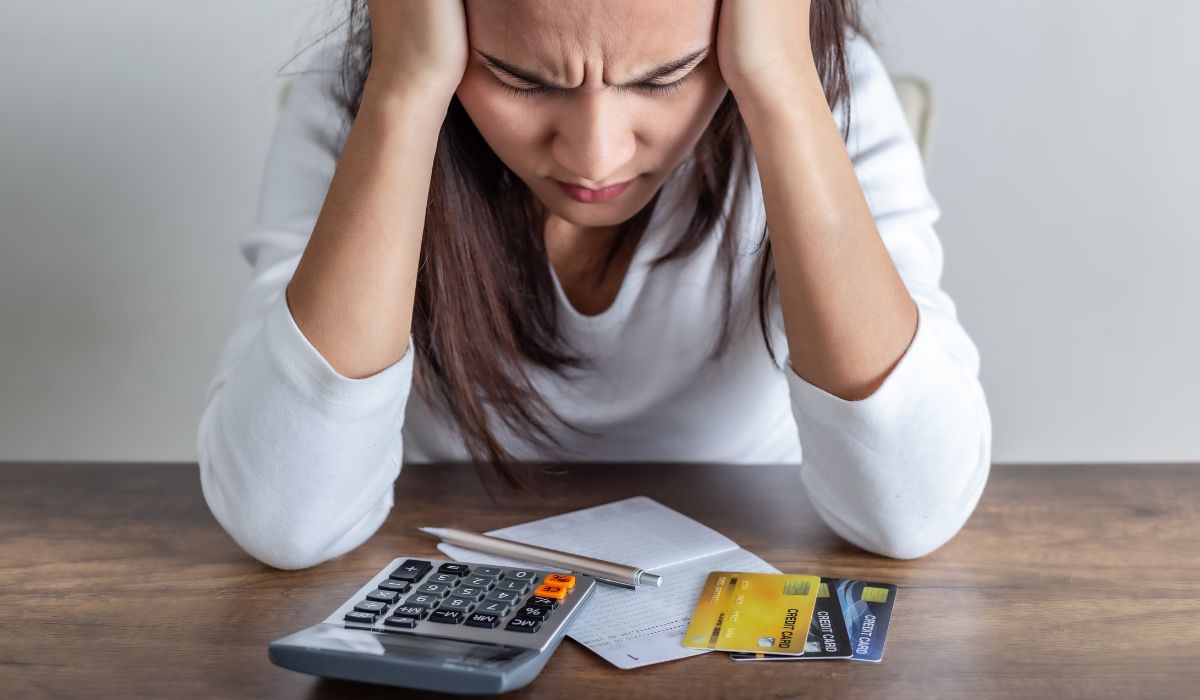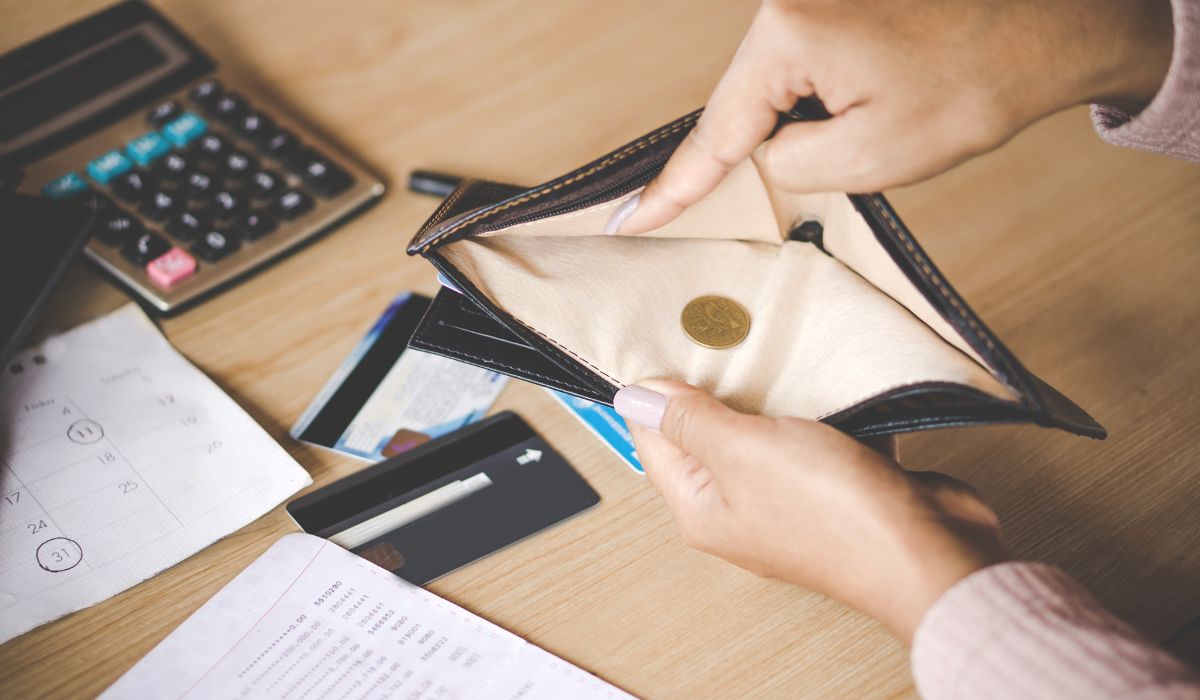The Debt Repayment Scheme (DRS) is a government-led initiative that allows borrowers to pay off their debts over a fixed period of time of not more than 5 years. This means that instead of paying your loan back in one go, you can spread out the payment.
Moreover, the Debt Repayment Scheme in Singapore also helps those who are having financial difficulties with their monthly repayments by letting them make payments based on their income levels. You can find out more about this scheme by reading this article!
What is the Debt Repayment Scheme in Singapore?

The Debt Repayment Scheme (DRS) is a program handled by the Official Assignee that operates prior to the declaration of bankruptcy. The aim is to attain a mutually beneficial outcome for both the borrower and their lender.
Individuals with outstanding unsecured debts such as personal loans in Singapore below $150,000 will have the opportunity to participate in a debt repayment plan (DRP) with their creditors, thereby avoiding bankruptcy and its associated restrictions and social stigma. The proposed Debt Restructuring Plan (DRP) must guarantee the effective preservation of creditors’ interests.
These debtors will participate in the DRP and repay their debts over a maximum 5-year period. When the debtor fulfils his financial obligations under the DRS, he will be released from his debts and given a chance to begin again.
How does the Debt Repayment Scheme work?
The Debt Repayment Scheme is a voluntary scheme for which you cannot register, unlike other schemes such as DCP. It can only be initiated when a High Court bankruptcy petition is filed against you, either by yourself or by a creditor.
The court will refer your case to the Official Assignee, who will conduct an initial evaluation of your eligibility for the Debt Repayment Scheme. If they determine that you are qualified, they will enrol you in their program and track your progress throughout its duration (up to five years). Once the DRP has been effectively completed and all debts have been repaid in accordance with its terms, no further action can be taken against the debtor, even if new debts arise during this period.
How much does the Debt Repayment Scheme (DRS) in Singapore cost?
Even though participation in the Debt Repayment Scheme in Singapore is voluntary, the High Court will assess and administer your case for a fee.
Before the Debt Repayment Program Begins:
- SGD 350 – Preliminary administration fee payable upon submission of forms and documents
- SGD 250 – The charge for the suitability review, which must be paid prior to meeting with creditors for a further evaluation of your eligibility for the DRS.
When Debt Repayment Scheme begins:
- SGD 300 – Once you are approved with the DRP under the Debt Repayment Scheme, this will be the annual fee you’ll need to pay for the first two years.
- SGD 350 – the annual administration fee for the third, fourth and fifth year.
- SGD 100 – if applicable, this is the cost of the appeal fee upon submission of Notice of Appeal.
- SGD 50 – If applicable, this will be the modification fee of SGD 50 on or prior to meeting the creditors for the modification plan
- Collection and distribution fees of 1.5% and 3% – this will be deducted from your monthly payments and bonus contributions.
Who is Eligible to Apply for the Debt Repayment Scheme in Singapore 2024?
To qualify for the Debt Repayment Scheme in Singapore, you must meet the following criteria:
- The total amount of debts and obligations cannot exceed S$150,000.
- Must be gainfully employed with a steady income;
- Don’t have an outstanding bankruptcy;
- Must not have participated in the Debt Repayment Program within the previous five years;
- Cannot have entered a voluntary arrangement with your creditors within the previous five years.
- You cannot be a solitary proprietor or a partner in a business.
What are the Advantages of the Debt Repayment Scheme in Singapore
- Under the Debt Repayment Program, all unsecured loans are eligible. A Debt Repayment Scheme, unlike a Debt Consolidation Plan, can include all unsecured borrowings.
- No public bankruptcy record. A debtor enrolled in the Debt Repayment Program will not have his identity published in the newspaper, whereas an insolvent debtor’s status would be widely known. Do note, however, that if you are declared eligible for the Debt Repayment Scheme, your DRS status will be part of your public record and visible to everyone.
- Capable of keeping a regular bank account. A debtor on the Debt Repayment Scheme will be able to maintain existing bank accounts, whereas an insolvent debtor’s accounts may be closed and the balances transferred to the Official Assignee to pay off creditors.
- No restrictions on travel are in place. A debtor enrolled in the Debt Repayment Scheme is exempt from travel restrictions, in contrast to an insolvent who must obtain prior sanction from the Official Assignee before leaving Singapore.
- Potentially shorter period to become debt-free. A debtor on the Debt Repayment Scheme will be able to repay his debts within five years, whereas a bankrupt’s period of insolvency may be longer.
- Zero interest rates on outstanding obligations. On outstanding balances, interest penalties will no longer be assessed to participants in the Debt Repayment Program.
What are the Disadvantages of the Debt Repayment Scheme in Singapore?
- There is no self-application option for this program. A Debt Repayment Scheme is a program for which you cannot independently register. It must be initiated by a bankruptcy petition filed either voluntarily by you or by your creditor(s) and is only applicable upon High Court referral.
- If you are determined to be eligible for the Debt Repayment Scheme, your DRS status will be part of your public record and accessible to all. This is due to the fact that your bankruptcy application must be made public in order for you to qualify for this program.
This means that if someone knows where to search, they can obtain information about your financial situation at any time – even years after you’ve filed.
What are the Other Ways to Manage Your Debt?
- Debt Consolidation Loan. A debt consolidation loan is a form of personal loan that allows you to consolidate your existing debts into one easy-to-manage loan — typically at reduced interest rates — so that you can effectively reduce the total repayment amount and pay off your debts more quickly. With a single monthly payment, a debt consolidation loan significantly simplifies debt management and makes it simpler to track progress.
- Debt Management Programme. This is a debt repayment arrangement provided by Credit Counselling Singapore (CCS) for borrowers in legitimate financial distress to negotiate improved terms with creditors. Through education, credit counselling, and the facilitation of debt restructuring, the program enables individuals to better manage their debts and get out of debt faster.
Read Also: How to Get a Personal Loan with Bad Credit: The Ultimate Guide
The Bottom Line
Debt Management Programme is a debt repayment arrangement offered by Credit Counselling Singapore (CCS) to debtors in genuine financial distress in order to negotiate better terms with creditors. Through education, credit counselling, and the facilitation of debt restructuring, the program helps individuals better manage their debts and become debt-free more quickly.
Need to consolidate your debt? Take control of your finances with the debt consolidation loan.
















